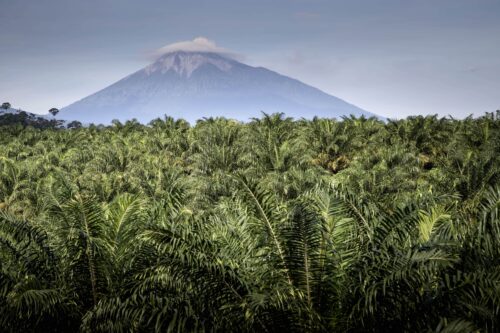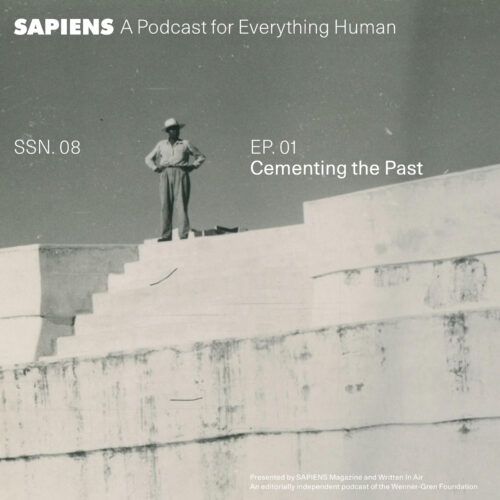The United Fruit Company was a U.S. multinational corporation and at one time, the largest landholder in Central America. To maintain authority in this part of the world, the company stamped out labor reform, collaborated with U.S.-backed coups, and, oddly enough, invested in archaeology. Why?
In this episode, anthropologist Charlotte Williams explores the company’s role in preserving the past. She discusses United Fruit’s botched conservation project at the Maya site of Zaculeu and the ongoing impacts of that program.
Charlotte Williams is a Mellon Democracy and Landscapes Initiative fellow at Dumbarton Oaks, Harvard University (2024–2025), and a Ph.D. candidate in anthropology at the University of Pennsylvania. Her research explores how archaeology as a discipline has been used in U.S. imperial projects, with a focus on how the United Fruit Company used archaeology to grow territorial power in Central America. Charlotte has worked on community museum projects, coordinated decolonizing museum programs, and co-curated an independent art exhibition.
Check out these related resources:
- “The Fruits of Extraction”
- “Zaculeu, Guatemala: reflexiones y propuestas para un retorno local”
- Zaculeu, fortaleza mam Facebook page
- “Conquest and Revival at Chiantla Viejo: The Transition of a Highland Maya Community to Spanish Colonial Rule”
SAPIENS: A Podcast for Everything Human is produced by Written In Air. The executive producers are Dennis Funk and Chip Colwell. This season’s host is Eshe Lewis, who is also the director of the SAPIENS Public Scholars Training Fellowship program. Production and mix support are provided by Rebecca Nolan. Christine Weeber is the copy editor.
SAPIENS is an editorially independent magazine of the Wenner-Gren Foundation and the University of Chicago Press. SAPIENS: A Podcast for Everything Human is part of the American Anthropological Association Podcast Library.
This episode is part of the SAPIENS Public Scholars Training Fellowship program, which provides in-depth training for anthropologists in the craft of science communication and public scholarship, funded with the support of a three-year grant from the John Templeton Foundation.




































